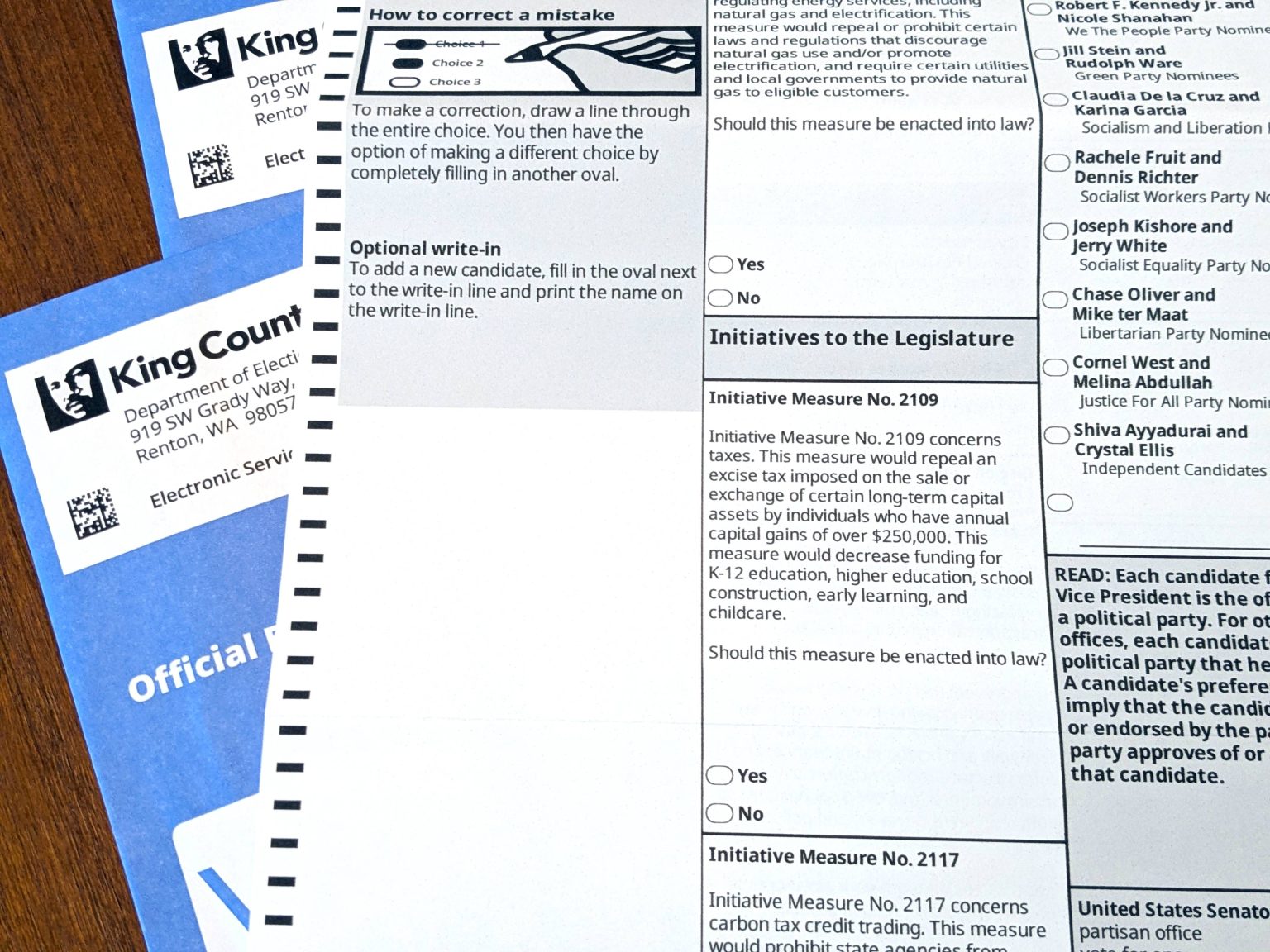Initiative 2109 is a ballot measure in Washington state that aims to eliminate a tax on capital gains. The tax has been in effect since 2022, and has raised $1.2 billion over the past two years. The revenue collected from the tax is used to fund public education, early learning programs, and school construction. While some voters, including those in the tech and business sectors, support the elimination of the tax, others like Christine Enslein, a former Microsoft employee, believe that the tax is necessary to support public education in the state. A recent poll showed that 55% of voters are opposed to the initiative.
Critics of the capital gains tax argue that it harms small businesses and innovation, and is detrimental to the region’s tech economy. They believe that Washington state does not have a revenue problem, but rather a spending problem. Some have even cited budget surpluses at the state level as evidence that lawmakers are mismanaging tax dollars. The Washington Technology Industry Association initially opposed the creation of the tax, but has not taken an official stand on the initiative. Concerns have been raised about the potential impact of the tax on founders setting up operations in other states.
The capital gains tax in Washington applies to profits from the liquidation of stocks and bonds that exceed a certain level. Last year, the tax was triggered for gains of more than $262,000. It has impacted a small fraction of the state’s residents, with only 3,850 people filing returns associated with their capital gains. Washington is one of nine states without a state income tax and lacks a corporate income tax, relying primarily on sales, property, and business and occupation taxes for revenue. The tax does not apply to real estate and home sales, retirement and college savings accounts, farms, and family-owned small businesses.
If Initiative 2109 is approved by voters and the tax is repealed, the state is estimated to lose $2.2 billion in revenue over the next five years. The revenue from the tax is currently directed to help fund public education in the state, with the first $500 million collected going into an Education Legacy Trust Account. Schools in the state are facing budget shortfalls, with Seattle Public Schools reporting a $100 million deficit for the next year. Critics of the tax argue that it may discourage entrepreneurs from relocating to Washington due to the financial implications.
Individuals in the tech and corporate sectors can receive stock options as part of their compensation packages, which may be subject to the capital gains tax if liquidated. Debate surrounds whether the tax will drive residents and businesses away from Washington due to more favorable tax laws in other states. Contributions for and against Initiative 2109 have come from a variety of sources, with supporters arguing for tax relief and opponents raising concerns about the potential impact on public education funding. The outcome of the ballot measure will have significant implications for the tech industry and beyond in Washington state.


